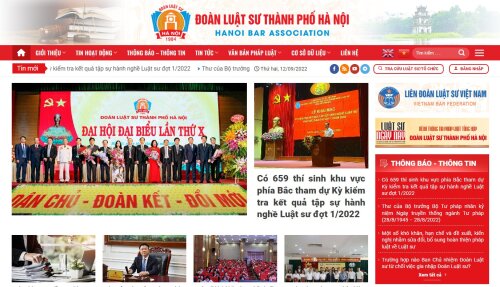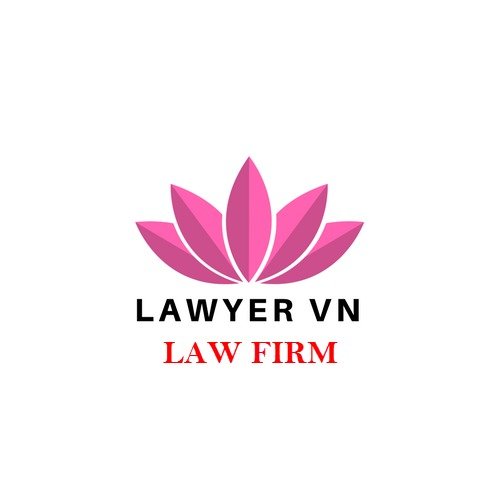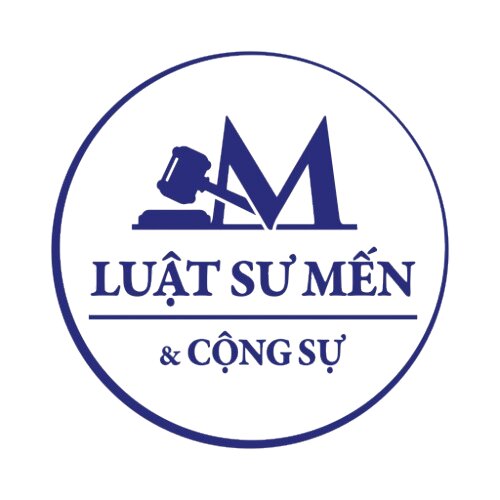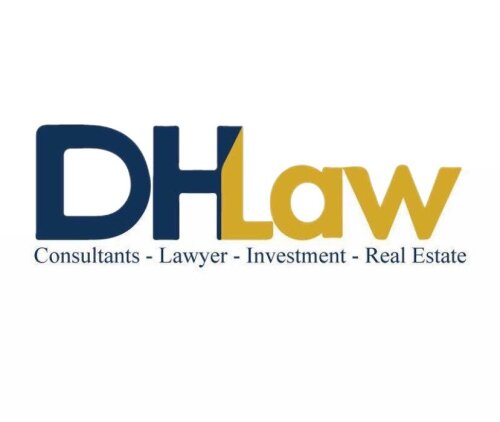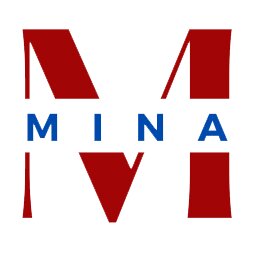Best Communications & Media Law Lawyers in Vietnam
Share your needs with us, get contacted by law firms.
Free. Takes 2 min.
Or refine your search by selecting a city:
List of the best lawyers in Vietnam
About Communications & Media Law in Vietnam
Communications & Media Law in Vietnam encompasses a broad range of legal issues related to the regulation and dissemination of information through various media platforms. This field is guided by the Press Law, Law on Publishing, and Law on Advertising, among others, ensuring that content dissemination is in line with Vietnam's public policy and societal norms. With a rapidly evolving digital landscape, this area of law frequently addresses issues around telecommunications, internet regulations, broadcasting rights, and censorship, balancing the government's interest in maintaining social harmony with the global commitment to free expression.
Why You May Need a Lawyer
Understanding the complexities of Communications & Media Law in Vietnam can be challenging due to the specific regulatory framework and rapid technological developments. You may need legal assistance in situations such as:
- Navigating compliance when launching new media channels or services.
- Understanding content restrictions and censorship laws for your media business.
- Handling defamation or privacy disputes arising from media publications.
- Negotiating and drafting contracts related to media content, advertising, or intellectual property rights.
- Resolving disputes regarding broadcasting rights and licensing.
Legal expertise can help mitigate risks and ensure that your activities comply with local laws.
Local Laws Overview
The key aspects of Communications & Media Law in Vietnam include:
- The Press Law: Governs the operations of newspapers, magazines, and news agencies, emphasizing the role of the media in promoting social values and prohibiting content that is harmful to national security and public order.
- The Law on Publishing: Regulates the publishing industry, setting forth requirements for licensing, content approval, and the protection of copyrights.
- The Law on Advertising: Establishes standards for advertising content, focusing on truthfulness and the protection of consumer rights.
- The Law on Telecommunications: Provides a framework for the establishment and operation of telecom networks, ensuring fair competition and efficient management of the industry.
- The Law on Cybersecurity: Imposes obligations on digital service providers to store user data locally, protect network security, and prevent the distribution of certain content online.
These laws form the foundational legal structure for media operations, ensuring compliance with Vietnam's regulatory requirements.
Frequently Asked Questions
What is the role of the Ministry of Information and Communications in media regulation?
The Ministry of Information and Communications (MIC) oversees the implementation and enforcement of laws related to media and communications, ensuring that industry practices align with government policies and societal norms.
Do foreigners face restrictions when investing in Vietnam's media sector?
Yes, there are specific restrictions on foreign investment in the media sector, including caps on foreign ownership and mandatory joint ventures with local partners in certain media businesses.
What types of content are prohibited under Vietnam's media laws?
Content that could undermine national security, harm social order and morality, or incite violence and discrimination is prohibited. This includes any form of false information that could cause public unrest.
How does Vietnam address defamation cases in the media?
Defamation can be pursued under civil and criminal law. Civil claims can seek damages for harm to reputation, while criminal cases may be prosecuted if the defamation involves false accusations that threaten public interest or safety.
Is censorship common in Vietnamese media, and how is it enforced?
Censorship is enforced to align media content with national standards. Regulatory bodies may require pre-approval of content, and there are mechanisms to remove or ban material deemed inappropriate.
Are there any licenses required to start a broadcasting service in Vietnam?
Yes, operating a broadcasting service requires a license from the Ministry of Information and Communications, ensuring compliance with broadcast regulations and technical standards.
What should I consider when negotiating a media or publishing contract?
Critical elements include clear terms on content ownership, distribution rights, payment conditions, compliance requirements, and dispute resolution mechanisms.
What are the penalties for violating Vietnamese media laws?
Penalties range from fines and suspension of business licenses to criminal prosecution, depending on the severity and nature of the violation.
How can businesses protect their intellectual property in the media sector?
Businesses should register their trademarks, copyrights, and patents and include standard clauses in contracts to safeguard their intellectual property rights.
What is the legal procedure to challenge a regulatory decision in the media field?
Interested parties can file a complaint or initiate legal proceedings in administrative courts to contest regulatory decisions, providing grounds for appeal based on procedural errors or rights violations.
Additional Resources
For further guidance, consider reaching out to the following organizations:
- Ministry of Information and Communications (MIC): The primary regulatory body overseeing media and communications law.
- Vietnam Journalists Association: Offers support and resources for media professionals navigating legal challenges.
- Local law firms specializing in communications and media law: Provide expert advice and representation to assist with legal matters.
Next Steps
If you require legal assistance in Communications & Media Law in Vietnam, consider the following steps:
- Identify your specific legal needs and concerns related to communications and media activities.
- Research and select a reputable law firm or legal expert specializing in media and communications law.
- Schedule a consultation to discuss your case, outline your objectives, and receive preliminary advice.
- Work collaboratively with your legal advisor to develop a strategy for compliance or dispute resolution.
Being proactive can help safeguard your interests and ensure that your media activities align with Vietnamese law.
Lawzana helps you find the best lawyers and law firms in Vietnam through a curated and pre-screened list of qualified legal professionals. Our platform offers rankings and detailed profiles of attorneys and law firms, allowing you to compare based on practice areas, including Communications & Media Law, experience, and client feedback.
Each profile includes a description of the firm's areas of practice, client reviews, team members and partners, year of establishment, spoken languages, office locations, contact information, social media presence, and any published articles or resources. Most firms on our platform speak English and are experienced in both local and international legal matters.
Get a quote from top-rated law firms in Vietnam — quickly, securely, and without unnecessary hassle.
Disclaimer:
The information provided on this page is for general informational purposes only and does not constitute legal advice. While we strive to ensure the accuracy and relevance of the content, legal information may change over time, and interpretations of the law can vary. You should always consult with a qualified legal professional for advice specific to your situation.
We disclaim all liability for actions taken or not taken based on the content of this page. If you believe any information is incorrect or outdated, please contact us, and we will review and update it where appropriate.
Browse communications & media law law firms by city in Vietnam
Refine your search by selecting a city.






